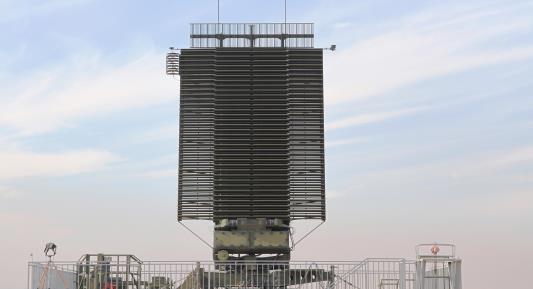The Danish government has decided to use mobile radars to supplement its efforts as part of the coalition against the jihadist organisation IS, according to the Defence Ministry.
The news comes in the wake of Denmark’s decision to temporarily withdraw its F-16 fighter jet squadron as of October 1.
“IS must be fought on all fronts and the government is ready to deliver, including during the period when our F 16 contribution will be temporarily withdrawn,” said the foreign minister, Kristian Jensen.
“Therefore, we propose Denmark delivers a radar contribution accompanied by operators to help build up an ‘aerial image’ in a large part of the operational area in Iraq and parts of Syria.”
READ MORE: Crisis at a crossroads: should Denmark be humanitarian or hostile?
No ground targeting
The decision means that Denmark will continue to take part in the coalition’s bombing campaign, as well as assisting in the training of Iraqi security forces and coalition staff.
The move is a clear message that Denmark remains interested in being part of the coalition. The radars will be used by the coalition for surveillance purposes and the co-ordination of coalition air missions and separating them from eventual civilian air traffic.
The radars will not be implemented to identify possible targets on the ground, and the government expects to present an official decision proposal about the radars in the near future.















